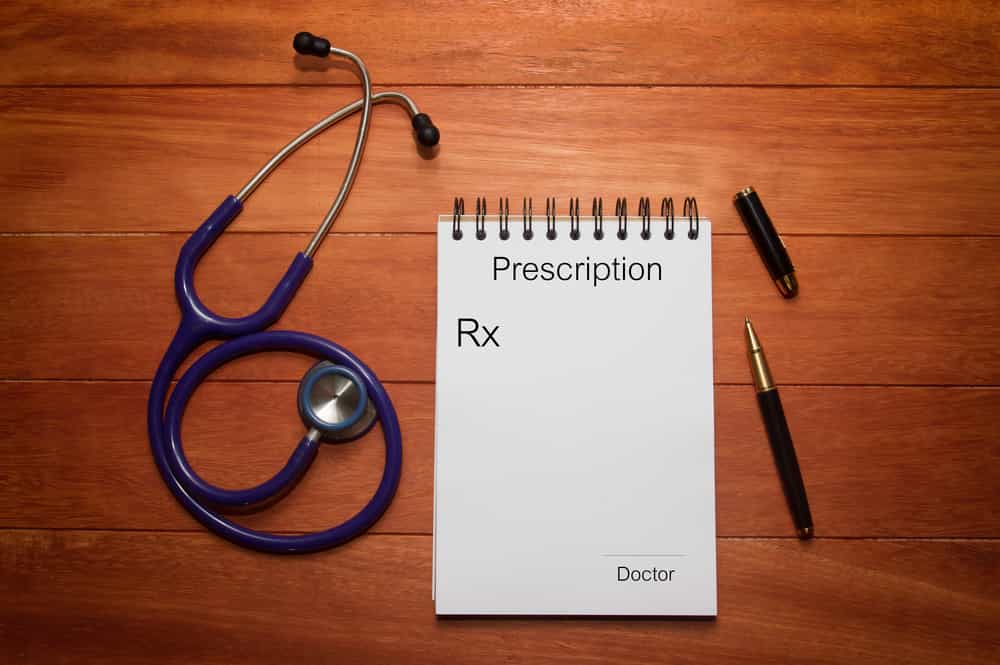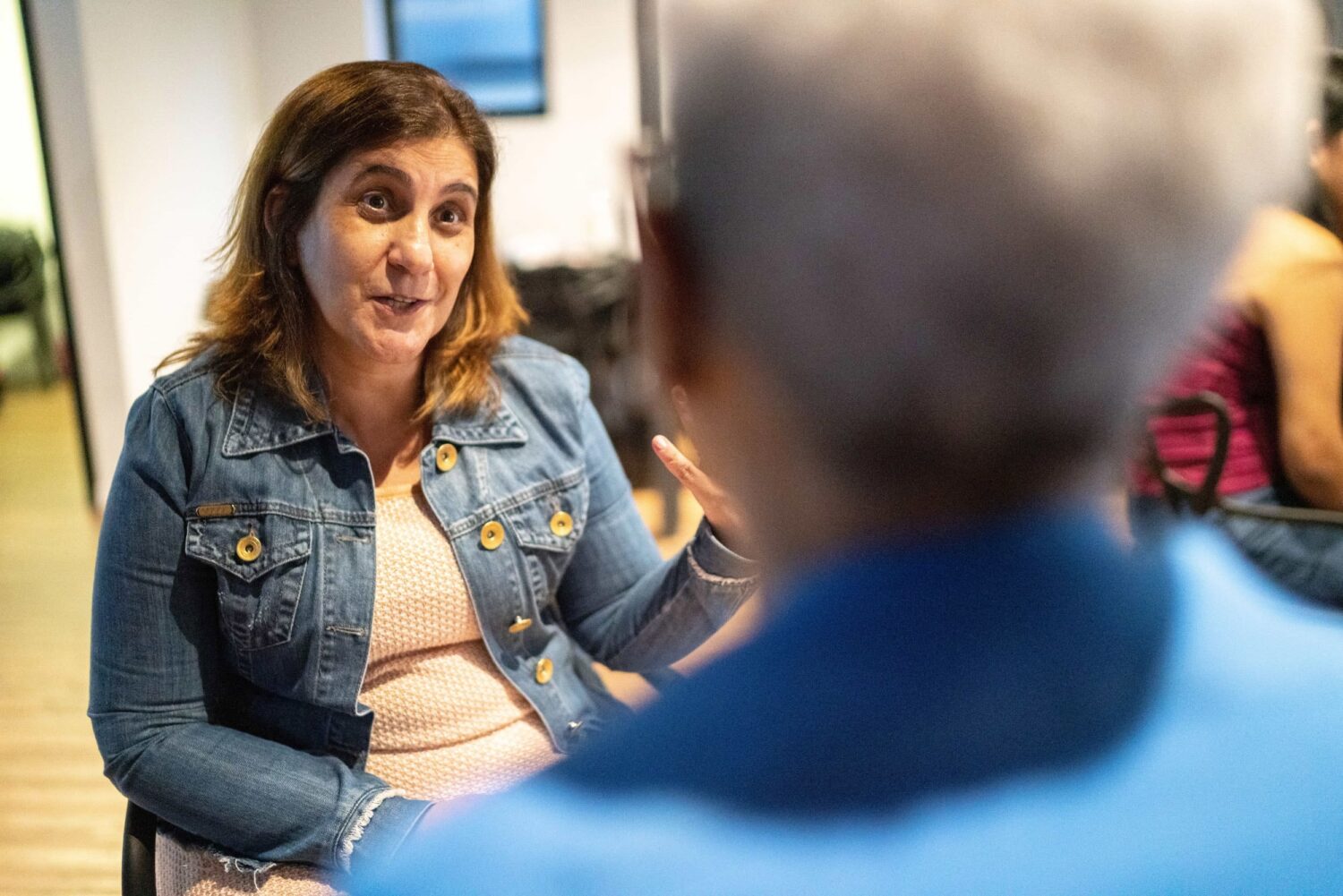Early signs of recovery from prescription addiction often manifest physically, emotionally, and mentally. Physically, individuals may experience improved energy levels, better sleep patterns, and a decrease in withdrawal symptoms. Emotionally, recovery can bring about greater stability, reduced anxiety and depression, and an overall sense of hopefulness.
Mentally, individuals may notice increased clarity, a greater ability to manage stress, and stronger decision-making skills. Relationships that were once strained by addiction may also begin to heal as individuals prioritize healthy connections. Regaining interest in hobbies, work, and daily responsibilities is also a strong indicator that recovery is progressing positively.





